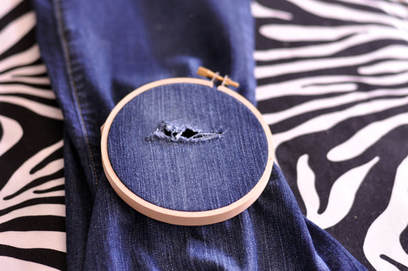 The inherent risk of pitching a news story is the control you give up when you hand that story idea over to a reporter. But without the risk, there can be no reward. Never forget the value of earned media! That said, reporters WILL get it wrong from time to time. It would be hard not to when you consider the pure volume of stories on the myriad of topics they cover on a daily, weekly and yearly basis. That same reporter covering your factory expansion probably also covered a fatal car accident, a city referendum and the State Fair – just this week alone! Sometimes, the mistakes are minor; other times, they’re quite serious. So as a public relations professional, how do you patch a story you pitched? First, you should understand the difference between a retraction and a correction. Both are meant to set the record straight, but a retraction should be saved for egregious errors that have the potential to threaten your company’s reputation or spark litigation. A correction however, is more about fixing inaccuracies. The correction may or may not be published. That’s not important. Correcting mistakes in the archived and online stories ensures the mistake won’t be repeated in future media coverage. In most instances, you should err on the side of asking for corrections. So when should you pick up the phone? Here are a few legit reasons for following up after the story runs:
That said, choose wisely when deciding whether or not to pick up the phone. Do not call a reporter for the following reasons:
Above all else, know when to let things go. Bad grammar, misspellings and punctuation errors are a poor reflection on the media outlet, not you. Before you pick up the phone, honestly assess the situation. Are you over-reacting? Is the inaccuracy truly damaging? Sometimes we’re too close to the story to know better. If in doubt, consult a trusted third party for an objective opinion. If you decide a correction is necessary, keep your tone friendly and be gracious. Corrections are generally not worth burning bridges over. Remember, reporters have professional pride and, like most of us, don’t like having mistakes pointed out to them. If you’re rude you could destroy whatever relationship you might have had. In the end, know that mistakes are inevitable and how you choose to handle them will influence how the reporter chooses to correct them.
0 Comments
Leave a Reply. |
Tammy SanderTammy is the owner of Mother of Pearls, a full-service, boutique public relations agency in Carmel, IN, that specializes in media relations, media training and crisis communications. Archives
January 2023
Categories |
 RSS Feed
RSS Feed
